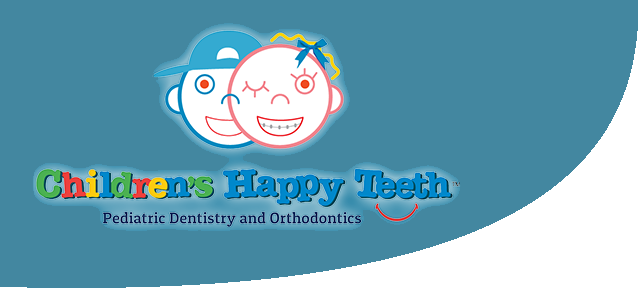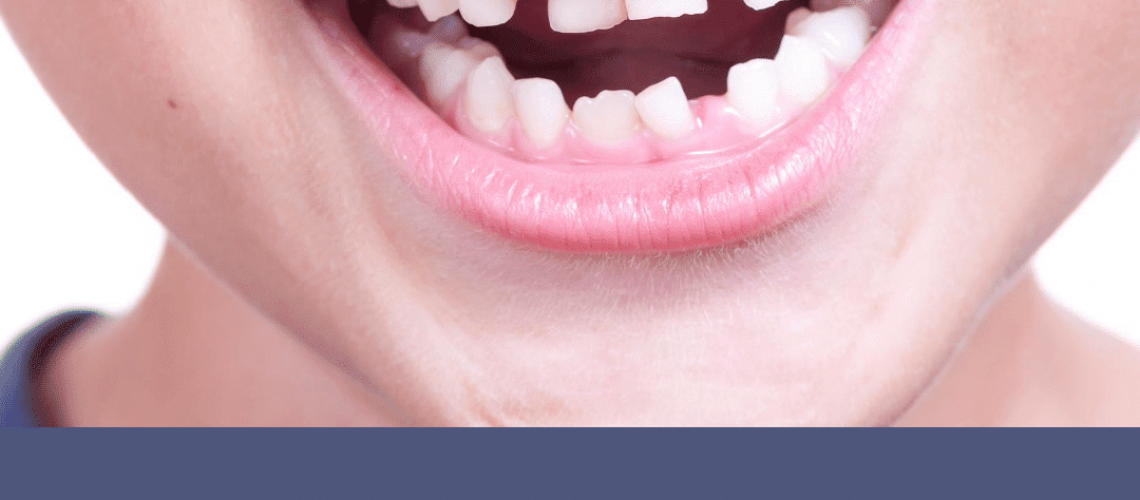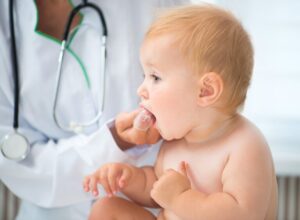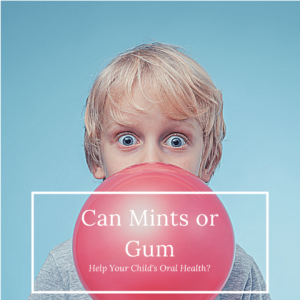When it comes to your child’s oral health, their baby teeth are quite important. Despite the fact that these teeth will eventually be lost to make room for permanent teeth, baby teeth must still be cared for properly to ensure good oral health. As a parent, there are a few things that you should know about baby teeth, including:
How to care for baby teeth
Until your child is old enough to take care of their own teeth, it will be up to you to make sure that their baby teeth are well cared for. Before your child even gets teeth, you should clean their gums twice a day with a warm, wet cloth. As soon as the first tooth erupts, you can use a baby toothbrush to gently brush around any teeth. For children under the age of 3, you should only use a tiny amount of toothpaste, no bigger than a grain of rice. Once your child is 3 or up, then you can start using a pea-sized amount of toothpaste. As your child learns how to brush their teeth on their own, you will need to supervise to prevent them from swallowing toothpaste and to provide assistance as needed.
Baby teeth have an important function
Many people think that baby teeth are not important since they are only temporary and will eventually be replaced by permanent teeth. However, this is not the case and baby teeth have important functions such as allowing your child to chew foods and speak properly. Additionally, baby teeth are also the body’s way of preserving the correct amount of space for the permanent teeth to erupt into. When baby teeth are lost too soon, this can cause problems that can affect the way permanent teeth erupt.
When baby teeth erupt and fall out
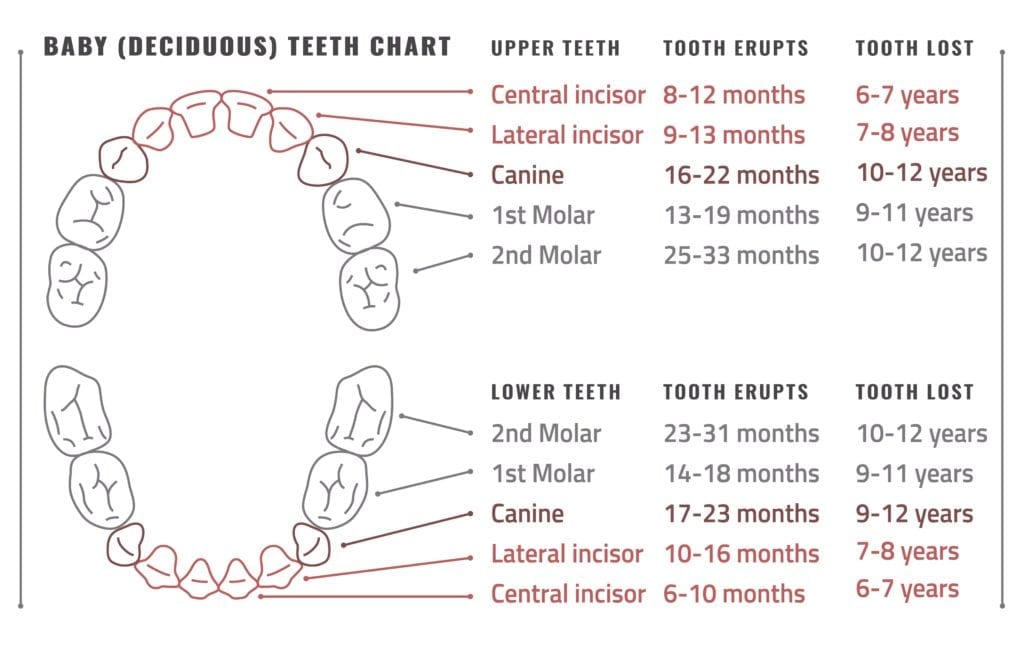
To ensure that your child’s teeth are healthy and their jaw is developing properly, you will need to have a general idea of when their baby teeth will erupt and fall out. For most children, their first tooth will erupt between the ages of 6 months to 1 year and will be a lower incisor. Around the age of 6 or 7, this will also be the first tooth to fall out. By the age of 2 or 3, your child should have all 20 of their baby teeth and by the age of 10-12, they should have the majority of their permanent teeth with the exception of wisdom teeth.
Baby teeth can decay
Despite the fact that baby teeth are only in the mouth for a short period of time, they are still able to develop tooth decay and can fall out if not properly cared for. As mentioned above, this can have serious consequences for the eruption of permanent teeth. One common cause of decay in baby teeth is “baby bottle decay”. Baby bottle decay occurs when a child is permitted to frequently drink sugary drinks throughout the day from a bottle. Additionally, falling asleep with a bottle is another common way that decay can occur. For this reason, baby bottles should only be filled with water or milk and should be taken away prior to nap times.
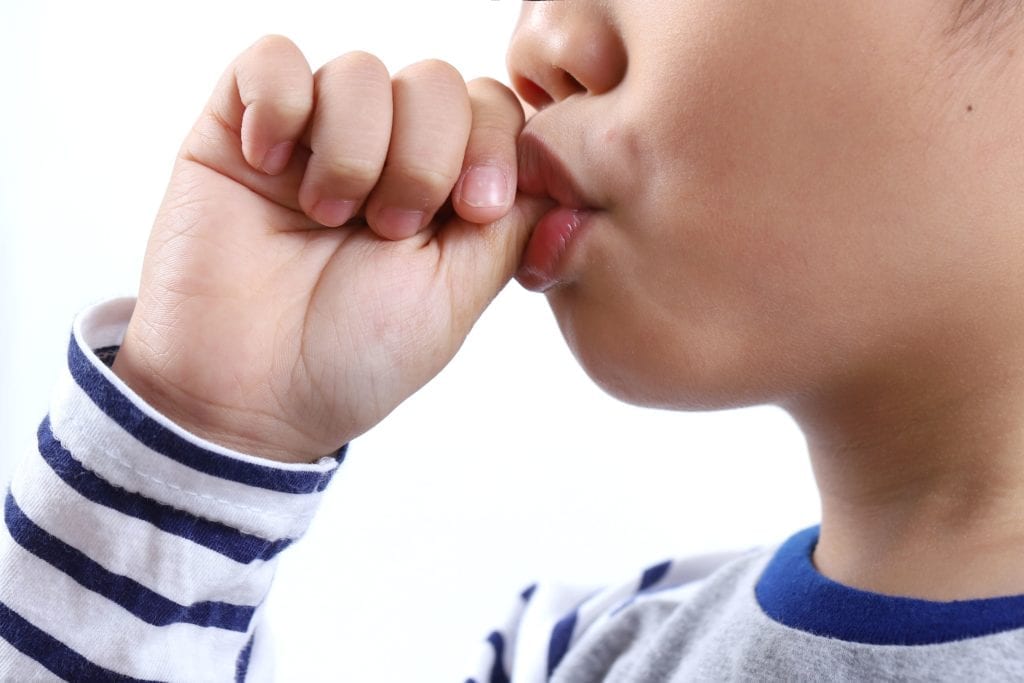
Bad habits can affect the teeth
Frequently sucking on a pacifier, thumbs, or fingers causes a large amount of pressure to be exerted on the upper teeth. This can cause the baby teeth to flare outwards or to protrude from the mouth. As the permanent teeth begin to erupt, this pressure can also affect the way they erupt and can cause them to grow out rather than down. For this reason, many pediatric dentists recommend that you help stop your child from these behaviors before the age of 5.
